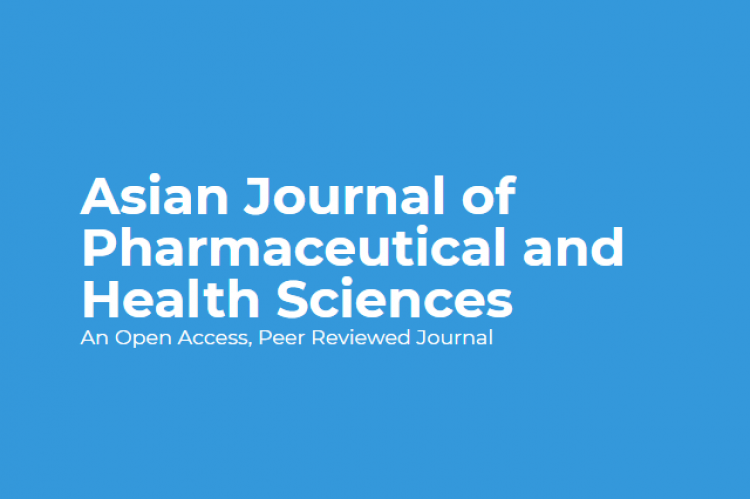Over the years, probiotics have been shown to have antibacterial potentials through various studies being carried out and thus can be introduced in the course of treatment for bacterial infections. Probiotics act through competitive inhibition, direct antagonism of pathogens and production of antimicrobial factors, they deprive invaders of nutrients, secrete acids that pathogens cannot tolerate and modulate the immune system. Patho-biotechnology has contributed to probiotic application by adopting processes that improve their physiological stress tolerance and increase the resistance of the probiotic strains to industrial processing so as to ensure gastrointestinal transit in numbers adequate enough to elicit a defined benefit to the host. Given the potential antibacterial properties of probiotics, coupled with the fact that in comparison to conventional therapeutics they are relatively simple and inexpensive to produce, transport and store, they may herald a new era in clinical microbiology, especially for the developing world.
View:
- PDF (384.22 KB)


